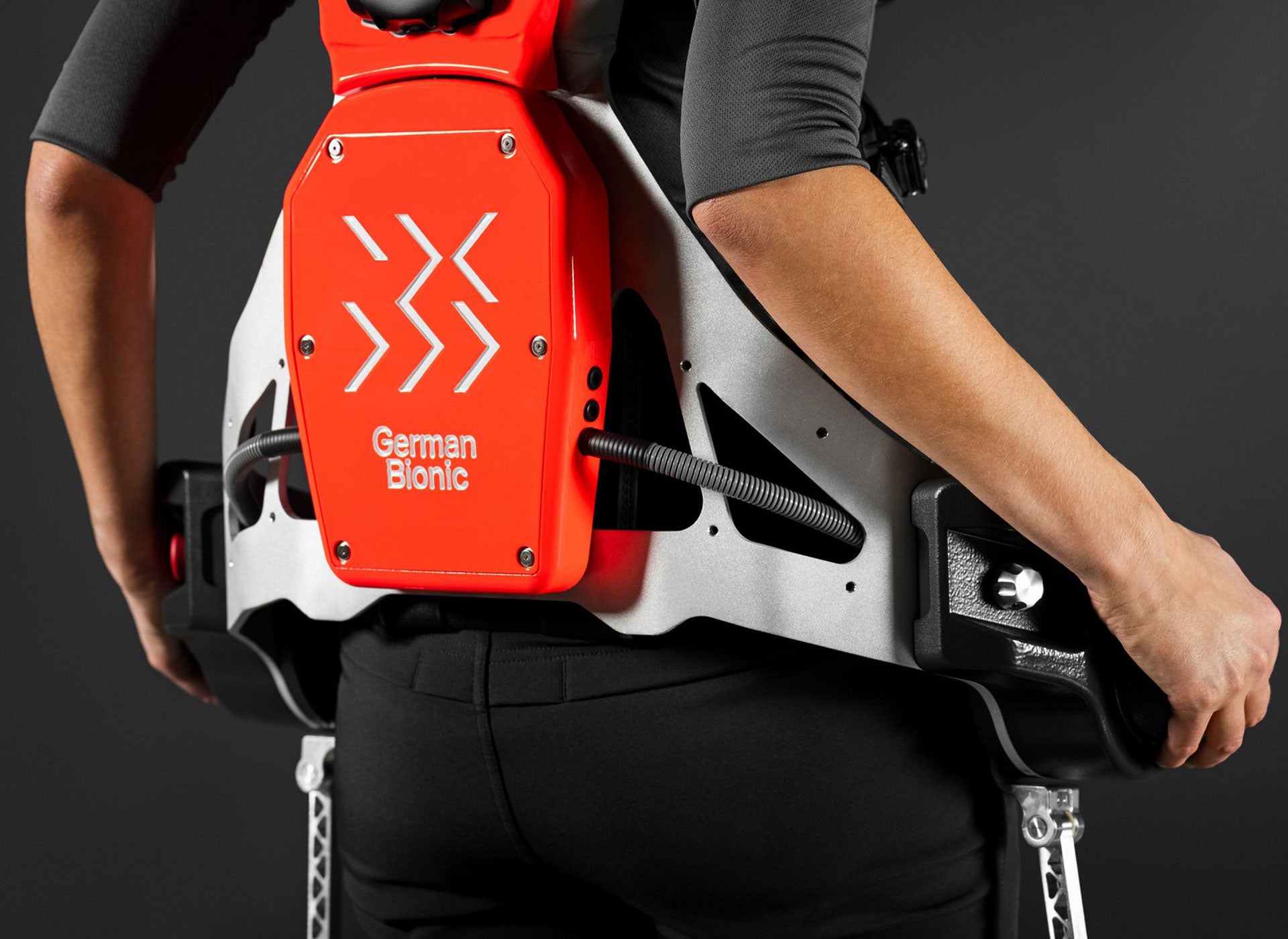
Manufacturing and logistics companies can now include exoskeletons in their smart factory deployments with the development of an internet of things (IoT) connected intelligent exoskeleton.
Developed by German Bionic, the Cray X exoskeleton, which takes the form of a body-worn suit, assists with heavy lifting, using machine learning to learn each user’s unique movement style and needs, and adjust as required.

Access deeper industry intelligence
Experience unmatched clarity with a single platform that combines unique data, AI, and human expertise.
However, a partnership with global communications company BICS, announced today, has given the intelligent exoskeleton IoT access for the first time, allowing data from the suit to be transmitted to smart factory and cloud-based management systems.
This enables companies running smart factories to monitor and analyse the lifting behaviour of employees, both to keep track of their health and keep track of performance.
The IoT-connected Cray X exoskeleton has already been integrated into smart factories operated by a number of companies within the manufacturing and logistics space.
IoT-connected intelligent exoskeleton improves employee wellbeing
Exoskeletons are becoming increasingly common in manufacturing and logistics environments due to their ability to help protect employees from injury as a result of repetitive or heavy loads. They are also gaining support for their ability to enable older employees to remain in the workplace.

US Tariffs are shifting - will you react or anticipate?
Don’t let policy changes catch you off guard. Stay proactive with real-time data and expert analysis.
By GlobalDataThe Cray X intelligent exoskeleton is designed to build on this by adding machine learning to better respond to both changing weights and individual employees’ needs.
However, adding IoT connectivity enables this to be monitored, giving companies better oversight and allowing them to more effectively manage employees within smart factory environments.
“Robots needn’t replace humans – instead, we’ve shown how technology can mimic and amplify tasks which have traditionally been triggers for injury and chronic pain,” said Norma Hoeft, head of IoT at German Bionic.
“Simple management of the exoskeleton, as well as integration with legacy IT, will help improve health and safety and drive productivity for a growing number of global IoT firms. Through our collaboration with BICS, the Cray X can be deployed, enhanced, and managed by a growing number of customers across the world.”
As part of the partnership BICS has integrated its SIM for Things connectivity solution, which enables data to be sent over cellular connections. This is designed to enable the exoskeletons to operate reliably in a wide range of environments, with support on 700 different mobile operators’ networks across over 200 countries.
“The IoT is a massively diverse ecosystem, and our latest partnership with German Bionic illustrates the breadth and scope of businesses BICS is working with, as well as the dynamic and adaptable nature of our SIM for Things solution,” said Mikaël Schachne, CMO and VP Mobility & IoT Business at BICS.
Read more: Industrial exoskeleton sees Hyundai workers wear robots to combat fatigue







